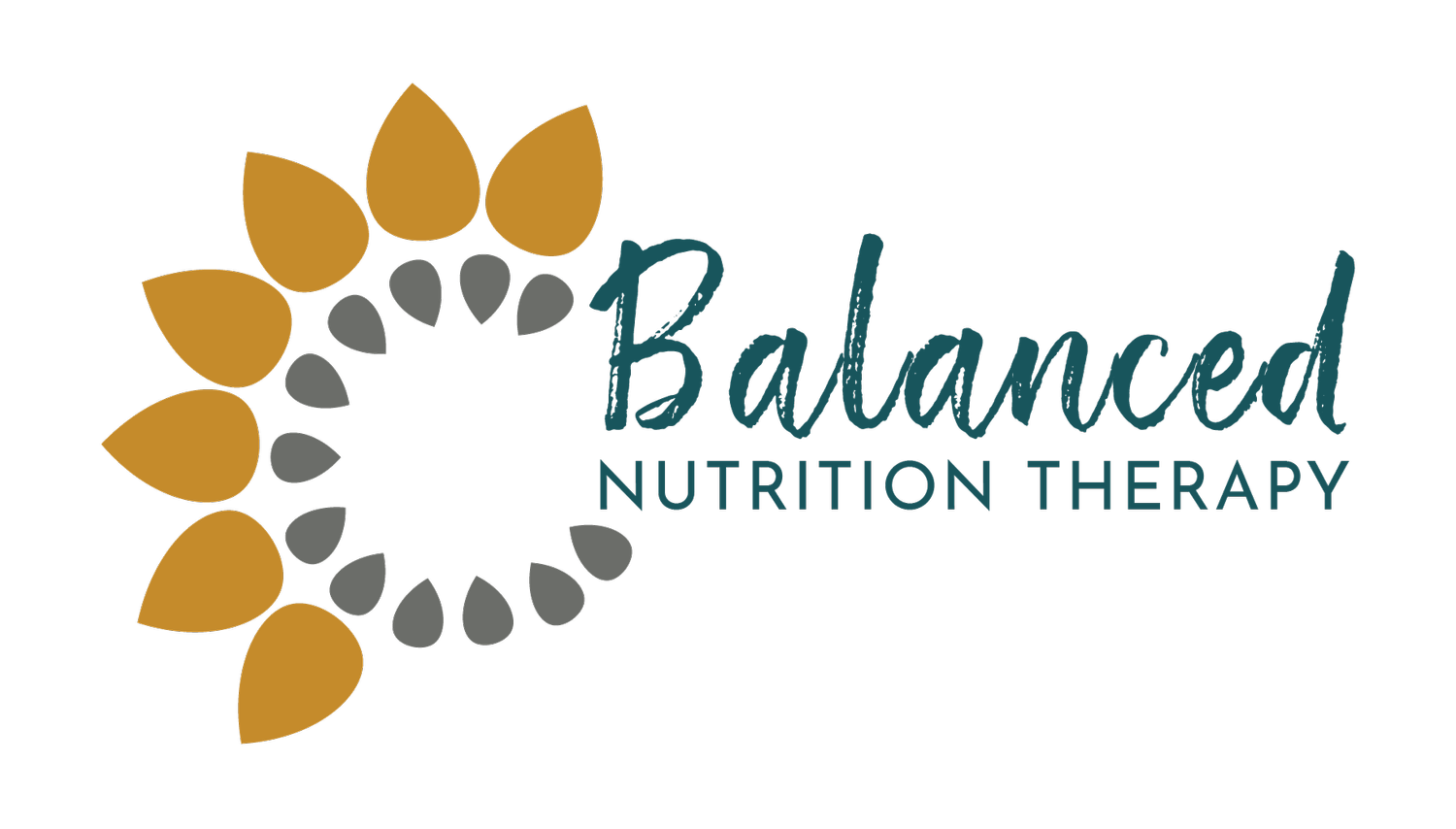When Can You Trust Your Body in Eating Disorder Recovery?
Is Body Trust Ever Possible?
As you work through eating disorder recovery, trusting that your body can and will be a safe place is an incredibly difficult, and unfortunately common experience.
After working with hundreds of clients over 30+ years as an eating disorder Recovery Coach, I’m convinced that you can begin to trust your body… when you start treating it like your best friend, maybe even your only friend at times. Think of the kind of friend who’s always been there: the one who sees you at your worst, still shows up, and never gives up on you. That’s the relationship we’re working toward.
Being a best friend to your body means standing up for it, appreciating it, wanting to help it not because it looks a certain way or performs a certain way, but because it’s yours, and it matters.
Team Support in Eating Disorder Recovery
Recovery from an eating disorder is not just a physical struggle; it’s deeply emotional and mental too. That means you might not always be able to do it alone. Just like you’d see a physical therapist for a hip injury or surgery recovery, you might need a team to support you, a therapist, dietitian, psychiatrist, recovery coach, or treatment program. These aren’t signs of weakness. They’re signs of commitment to healing.
When we’re in the thick of it, it can be hard to follow guidance - especially when our thoughts and feelings are confused or distorted by the eating disorder. But just like you wouldn't rely on instinct to heal a broken ankle, you need trustworthy outside guidance to help your body and mind repair in a way that's safe and lasting.
It’s funny how we easily trust medical professionals with physical injuries, but when it comes to mental and emotional health, we question whether we’re “sick enough” or “worthy of help.” You are. Always.
Your Body, Your Friend
Imagine your body as a best friend, a friend who’s always been with you, who knows your pain and still sticks around. Would you lie to that friend? Shame them? Ignore their needs? Probably not. If that friend came to you hurting, emotionally or physically, you’d show up. You wouldn’t question if their pain was valid. You’d just want to help.
And yes, healing is a process. Just like strong friendships don’t form overnight, trust in your body takes time. It grows through moments of struggle, laughter, disappointment, honesty, and care.
So when can you trust your body? When you begin to be someone your body can trust. Not perfectly, but reliably. Not without help but with courage to accept it.
If you’re struggling, seek support. If your current path is not bringing you peace, allow yourself to explore a new one. There are endless resources available - free and paid groups, professional and peer-led - that can help you reconnect with your body safely.
